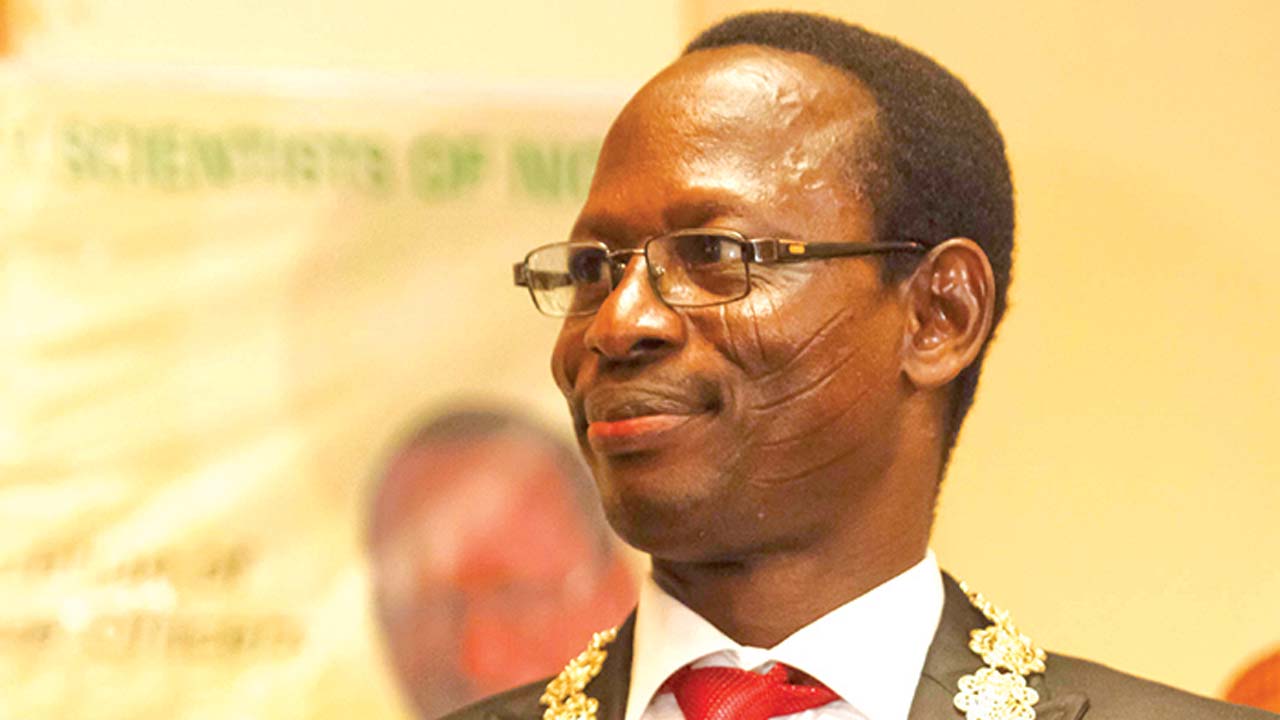
Why is local vaccine production a problem in a country that plays host to deadly diseases?
There are a few vaccine manufacturers globally, and this is because vaccine production involves high investment, serious research and development. Unfortunately, Nigeria is one of the countries, where almost all infectious agents causing vaccine preventable diseases are endemic. That is also true for most of the sub-Sahara African countries. Interestingly too, Nigeria is well endowed with resources for local vaccine production. That was why the Federal Vaccine Laboratory in Yaba, Lagos was established in the 60s/early70s. The laboratory was doing very well, as it was producing bacterial vaccines for local use and for export to neighboring countries.
In our opinion as medical laboratory scientists, some of the reasons responsible for Nigeria’s inability to produce vaccines locally are:
• Gross mismanagement and corruption in all sectors of the Nigerian economy- health, financial, construction and manufacturing sector, among others.
• Inappropriate leadership, due to appointment of round pegs in square holes and relegation to the background of relevant stakeholders, such as medical laboratory scientists, etc.
• Lack of teamwork and collaborations among health professionals and relevant health researchers, leading to every one working in a ‘silos.’
• Lack of commitment to the Nigerian Project. Recently, President Donald Trump of United States signed an Executive Order directing Americans to recruit Americans and Buy Americans. There was a time in China, when bringing foreign items into that country was made a criminal act. All these were to ensure industrial development in their countries.
Today, Nigerians do not have such commitment to the Nigerian Project. We believe in imported things as a demonstration of affluence and significance in the society– a show-off mentality and destructive colonial mentality. Yes, we may start poorly, but with time and expertise, the quality of our made-in-Nigeria products will surely improve.
What is the problem with research systems in our tertiary institutions that make local vaccine production unattainable?
There are several problems with research in Nigeria, which include:
• Poor funding: In advanced countries, research is seen as the engine that drives national development. Huge amount of funding is committed into research in those countries by government, private institutions and philanthropists. Unfortunately in Nigeria, research gets little or no attention from government, private investors and philanthropists.
Nigerians are merely interested in investments that could bring quick financial returns; whereas, research takes a long time of serious investments, which usually involved wastages as a result of initial errors that would require corrections, reviews, etc. before returns begin to trickle in. Imagine the number of years it took to invent aircraft before everybody started flying without thinking about all the huge investments that had gone into it at the research stage.
• Mismanagement and corruption: Even the meagre or scanty funding budgeted and appropriated by government and or International Partners, were reported not to have been properly managed; probably due to corruption or lack of commitment to prudent management of available resources.
• Insufficient or dearth of collaboration and cooperation among health professionals and research scientists: Nigeria is endowed with a number of research Institutes and universities with highly experienced human resources. But there is dearth of the needed collaboration and cooperation among the critical stakeholders, resulting in little or no impact on the people. Lack of cooperation among health professionals and among all relevant health researchers; Nigerians should be committed to the Nigerian Project. We should shun acts and practices that promote only imported items and by extension, weaken our potential for national growth and development. Yes, we may start poorly, but with time and expertise, the quality of our made in Nigeria products will sure get better and better.
A company, Biovaccine, was set up by previous administration to ensure local vaccine production, and even a National Task Force on Sustainable Immunisation Funding is in place. How far with these measures?
Biovaccines Nigeria Limited is a partnership business with the Federal Government. Available information shows that 51 per cent of the company is owned by May & Baker Nigeria Plc., while the Federal Government owns the remaining 49 per cent.
It was said to have been incorporated in 2005. The objective of Biovaccines Nigeria Ltd. is to produce safe and affordable human vaccines against Hepatitis B, polio, Yellow fever, measles, diphtheria, pertussis (DTP), tetanus toxoid (TT) and other bacterial/viral vaccines for Nigeria and reverse the situation of high mortality from immunisable diseases.
It also plans to create a regional centre for vaccine production in West Africa and position Nigeria as a global player in vaccine business. Whether the company is achieving this or not is left for all of us to determine. 2005 till date is about 12 years ago. By now, if the objective had been met, Nigerians ought to know the quantity of locally produced vaccines from the company, the revenue generated from the investment and other benefits accrued to the country.



